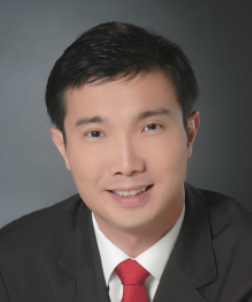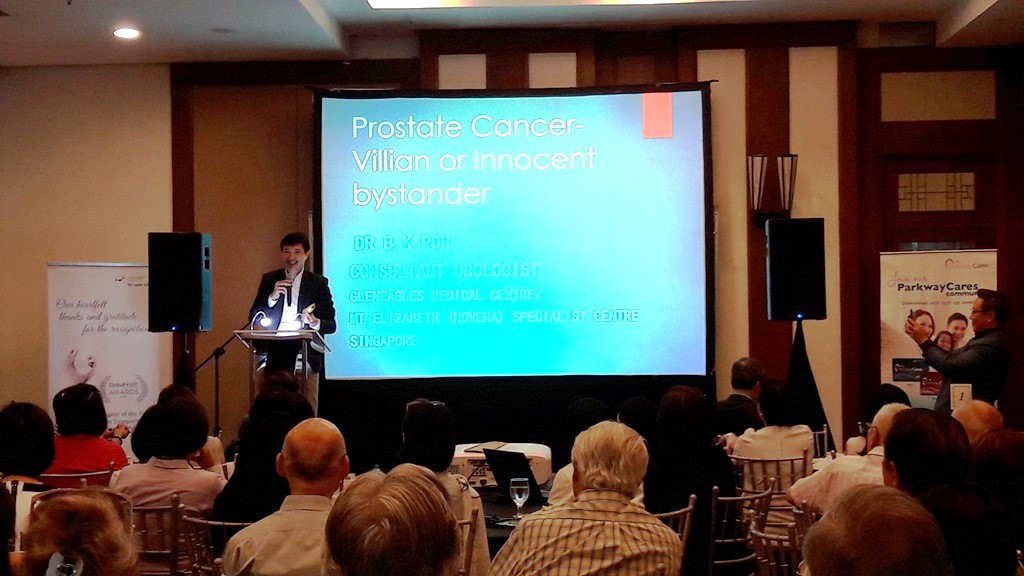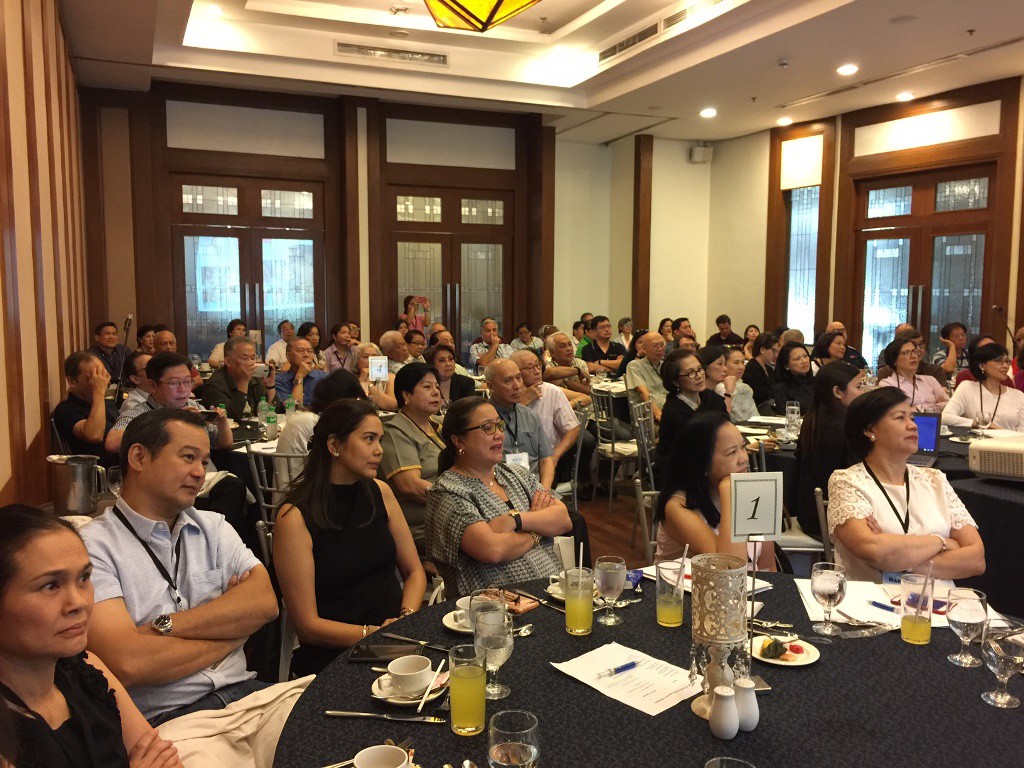We’ve heard countless old wives’ tales about the topic, maybe even laughed and gigged about it, but now it’s time to get our views and understanding of prostate cancer straightened out. Dr. Poh Boew Kong, urologist at Gleneagles Hospital, Singapore, re-educates Filipinos about the disease and what Filipino men can do to protect themselves from this illness.
In a talk delivered this month at the Manila Polo Club, Dr. Poh expounded on his unusual take on the disease to an ever attentive audience.

(Dr. Poh Boew Kong, Urologist at Gleneagles Hospital, Singapore)
Active surveillance
He begins with a straightforward thought: As we would think, anyone diagnosed to have any cancer would react by immediately requesting to undergo treatment to get rid of the cancer. But what if it was suggested that you could leave cancer alone — specifically prostate cancer — and that treatment was, in fact, unnecessary, and you would still be able to live a full and healthy life?
Foregoing treatment would surely save money, time and effort, but isn’t that a direct contradiction to what medicine and science has taught us to believe?
According to Dr. Poh and a growing number of doctors in his field, this can be said about prostate cancer as the disease falls along a spectrum. That is, prostate cancer is measured by stage (how extensive it is), and by grade (how aggressive it is). It is then graded by means of the Gleason Score that assigns the disease a score ranging from two to 10.
A score of two to six indicates that the cancer has the propensity to invade and spread, but the speed of spreading is slower. A score of seven requires vigilant observation. On the other hand, prostate cancer with a score of eight, nine and 10 is much more aggressive and can eventually kill, if left untreated.
With this in mind, Dr. Poh explains that “there are prostate cancers that can kill, need to be addressed and treated as soon as possible. But there is a significant portion of prostate cancers that can be left alone.”
By “leaving the cancer alone,” Dr. Poh emphasizes that it isn’t a matter of ignoring the disease, but one of employing what he calls “active surveillance and watchful waiting.”
“These are two technical terms that actually have a deeper meaning. When we say ‘active surveillance,’ that means yes, we know you have prostate cancer. But we don’t believe, after understanding the biology of your cancer, that it’s going to pose a problem in your lifetime,” he clarifies.
Based on the reactions of the audience, it was surprising for everyone to learn that studies have actually shown that a man could have have had prostate cancer cells in his body for all his life, but has never been affected by the disease in any way.

(Dr. Poh explains the options of “active surveillance” and “watchful waiting”)
Keeping a watchful eye
To keep an eye on this aspect of their health, men must undergo regular examinations that include the oftentimes dreaded physical exam that involves their prostate being manually massaged by their doctor (a necessary discomfort), an ultrasound and possibly a biopsy, only if suggested by their doctor.
Prostate cancer is an asymptomatic disease that could eventually turn into a silent killer, so Dr. Poh emphasizes the importance of men undergoing regular check ups. The moment you notice urinary symptoms and feel pain in your bones — as prostate cancer cells were found to most commonly travel to and affect the bones — then it might be too late.
While surgically removing the prostate seems to be the immediate solution to prostate cancer, patients can also consider radiotherapy and hormonal treatment, as prostate cancer cells feed on testosterone. Additionally, non-invasive treatment will also help preserve the nerves needed to get an erection — something all men are admittedly concerned about!
(The attentive audience at the Manila Polo Club)
Truth over tall tales
Now, to dispel the fear and paranoia many Filipino men feel when it comes to prostate cancer, Dr. Poh cites the most common pieces of misinformation about the disease and gives valuable advice for the health-conscious Filipino man.
a. Too much or too little sexual activity has nothing to do with a man’s chances of developing or not developing prostate cancer.
b. Similarly, thinking that infrequent ejaculation causes prostate cancer is incorrect.
c. The number of sexual partners you have is also unrelated to developing the disease.
d. Getting an infection, dealing with inflammation, as well as treating STIs and STDs won’t cause prostate cancer.
e. On the other hand, getting treated for HIV/AIDS is a separate issue, as the sickness attacks a patient’s immunity. The immune system is vital in hitting back renegade cells like cancer cells, so if a patient has uncontrolled HIV/AIDS, their propensity of developing cancers is inherently higher. HIV/AIDS becomes indirect cause of cancer in this case. This applies to all cancers and other serious diseases, and not just prostate cancer.
f. Sleep enough, be worry-free and just take it easy. Give your body time to regenerate and repair itself. This is your first line of defense.
g. While it’s never too early for men to be health-conscious, the recommended age to start regular prostate cancer examinations is at 50, or “earlier if you have a strong family history of cancer, and a first degree family member getting prostate cancer at a young age… 55-years-old is the cut off,” Dr. Poh explains.
h. For the general public who don’t have first degree relatives with prostate cancer that could put them at a higher risk of developing the disease, prostate examinations should be done on a yearly basis.






